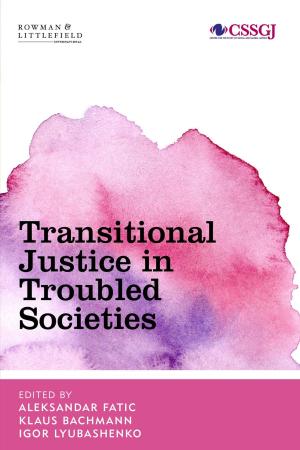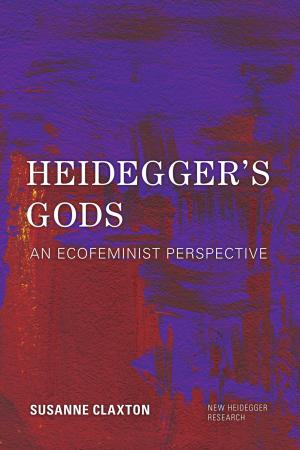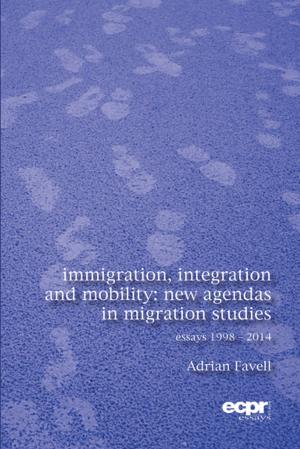Heidegger in the Islamicate World
Nonfiction, Religion & Spirituality, Philosophy, Phenomenology, Middle East Religions, Islam| Author: | ISBN: | 9781786606211 | |
| Publisher: | Rowman & Littlefield International | Publication: | February 28, 2019 |
| Imprint: | Rowman & Littlefield International | Language: | English |
| Author: | |
| ISBN: | 9781786606211 |
| Publisher: | Rowman & Littlefield International |
| Publication: | February 28, 2019 |
| Imprint: | Rowman & Littlefield International |
| Language: | English |
Philosophical debates, many of them involving the appropriation of modern Western philosophical doctrines, are a crucial element shaping the intellectual and practical behaviour of many thinkers in the Islamicate world and their audiences. One Western philosopher currently receiving a particularly lively reception throughout the Islamicate world is Martin Heidegger. This book explores various aspects of the reception of Heidegger’s thought in the Arabic, Iranian, Turkish, and South Asian intellectual context. Expert Heidegger scholars from across the Islamicate world introduce and discuss approaches to Heidegger’s philosophy that operationalize, recontextualize, or review it critically in the light of Islamic and Islamicate traditions. In doing so, this book imparts knowledge of the history and present situation of Heidegger's reception in the Islamicate world and suggests new pathways for the future of Heidegger Studies – pathways that associate Heidegger’s thought with the challenges presently faced by the Islamicate world.
Philosophical debates, many of them involving the appropriation of modern Western philosophical doctrines, are a crucial element shaping the intellectual and practical behaviour of many thinkers in the Islamicate world and their audiences. One Western philosopher currently receiving a particularly lively reception throughout the Islamicate world is Martin Heidegger. This book explores various aspects of the reception of Heidegger’s thought in the Arabic, Iranian, Turkish, and South Asian intellectual context. Expert Heidegger scholars from across the Islamicate world introduce and discuss approaches to Heidegger’s philosophy that operationalize, recontextualize, or review it critically in the light of Islamic and Islamicate traditions. In doing so, this book imparts knowledge of the history and present situation of Heidegger's reception in the Islamicate world and suggests new pathways for the future of Heidegger Studies – pathways that associate Heidegger’s thought with the challenges presently faced by the Islamicate world.















